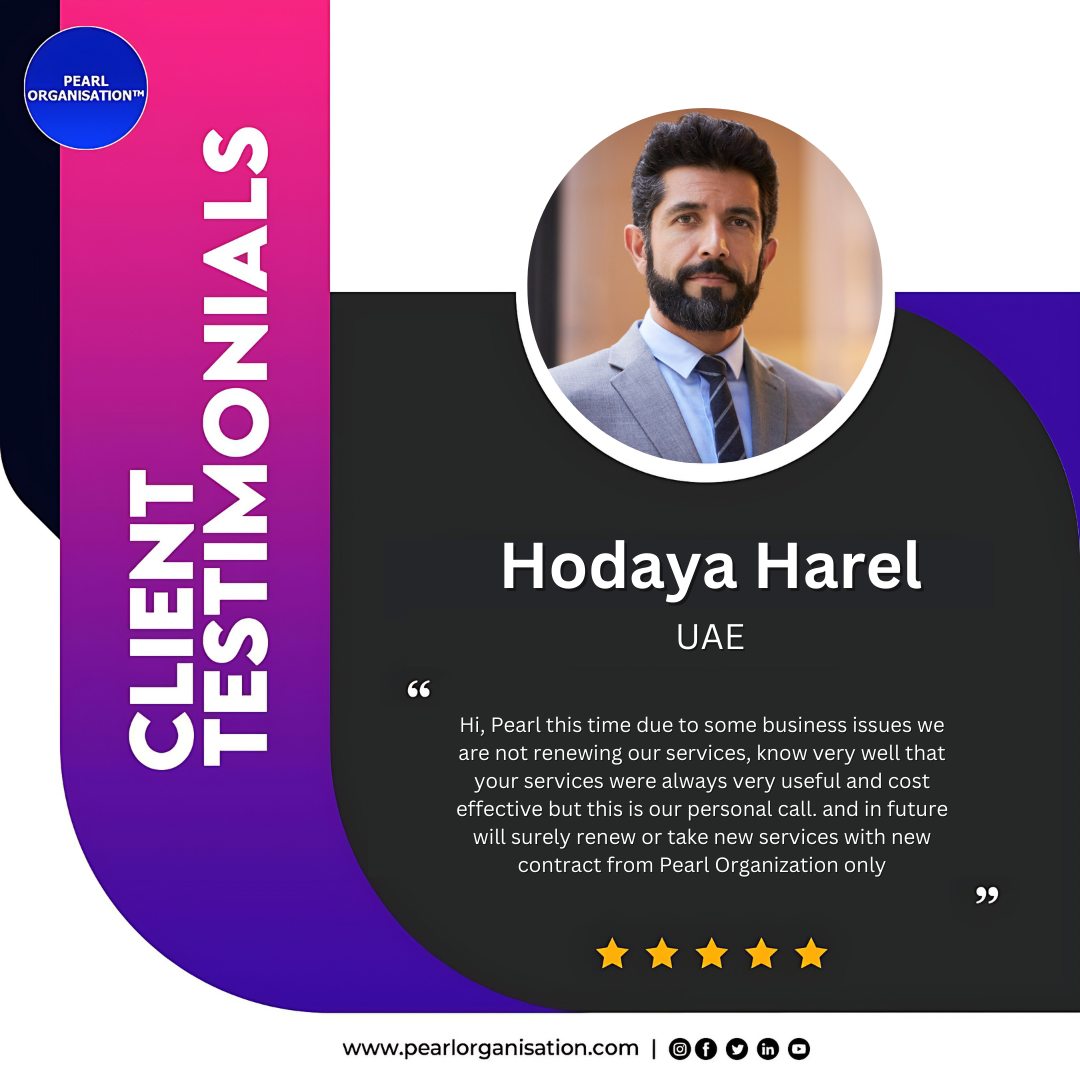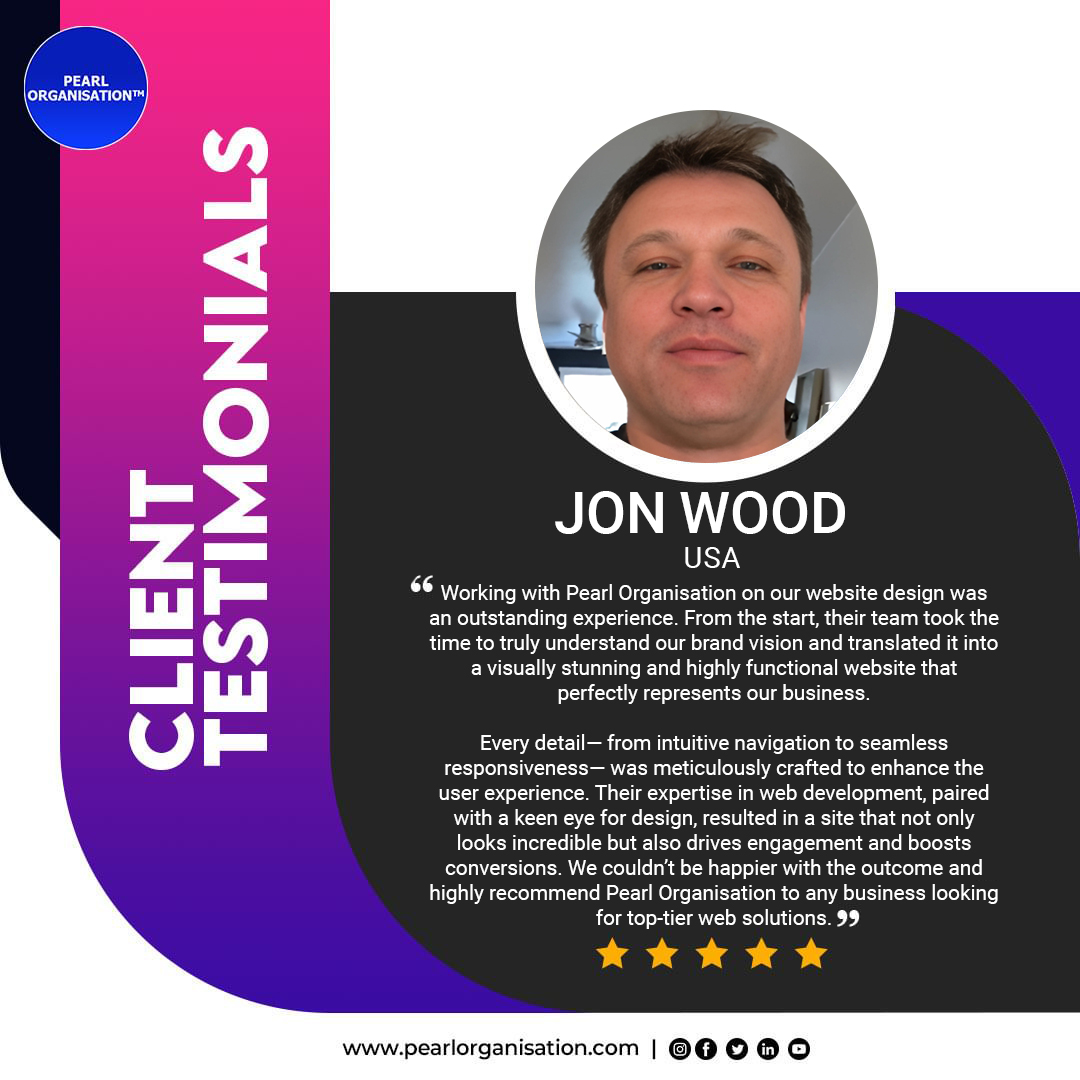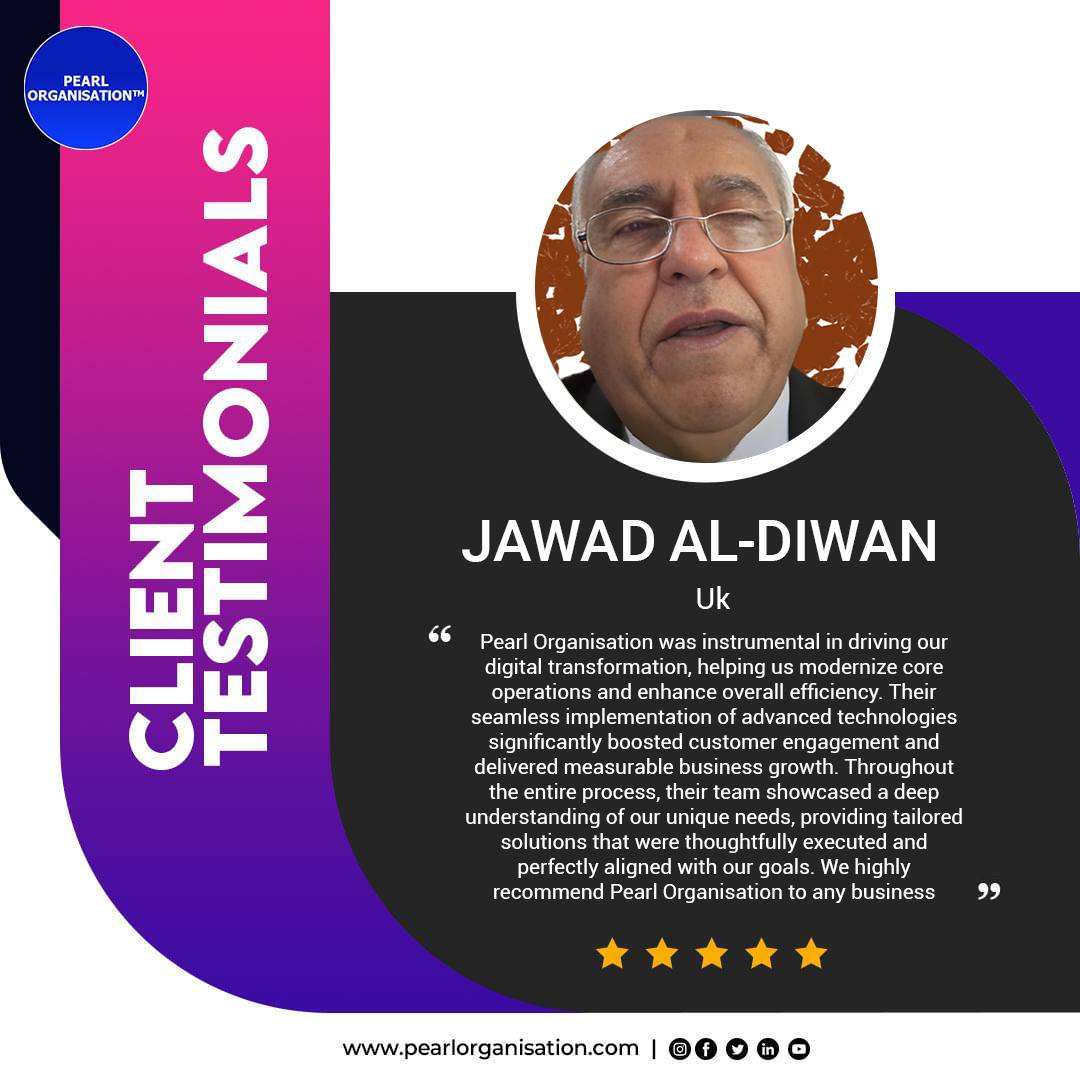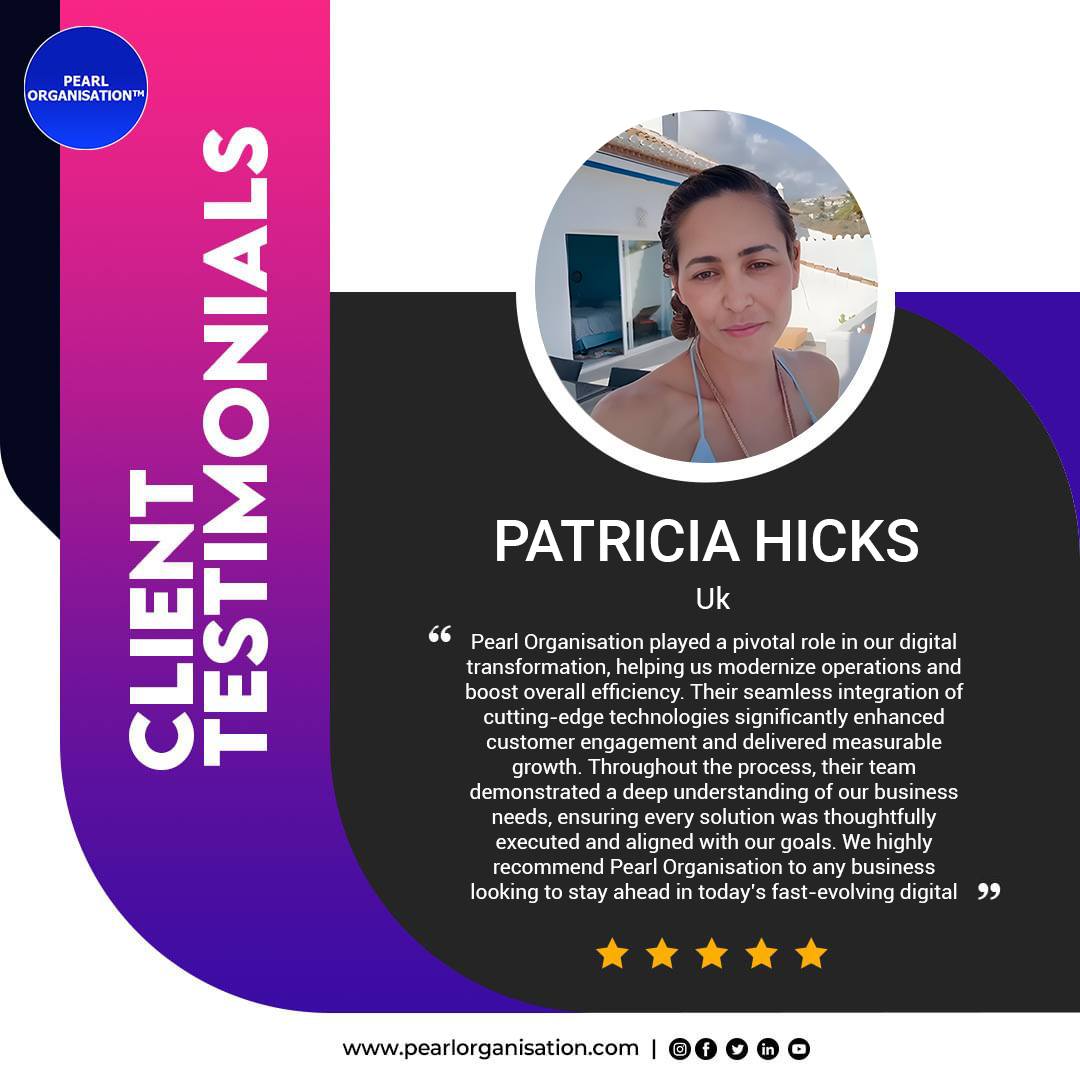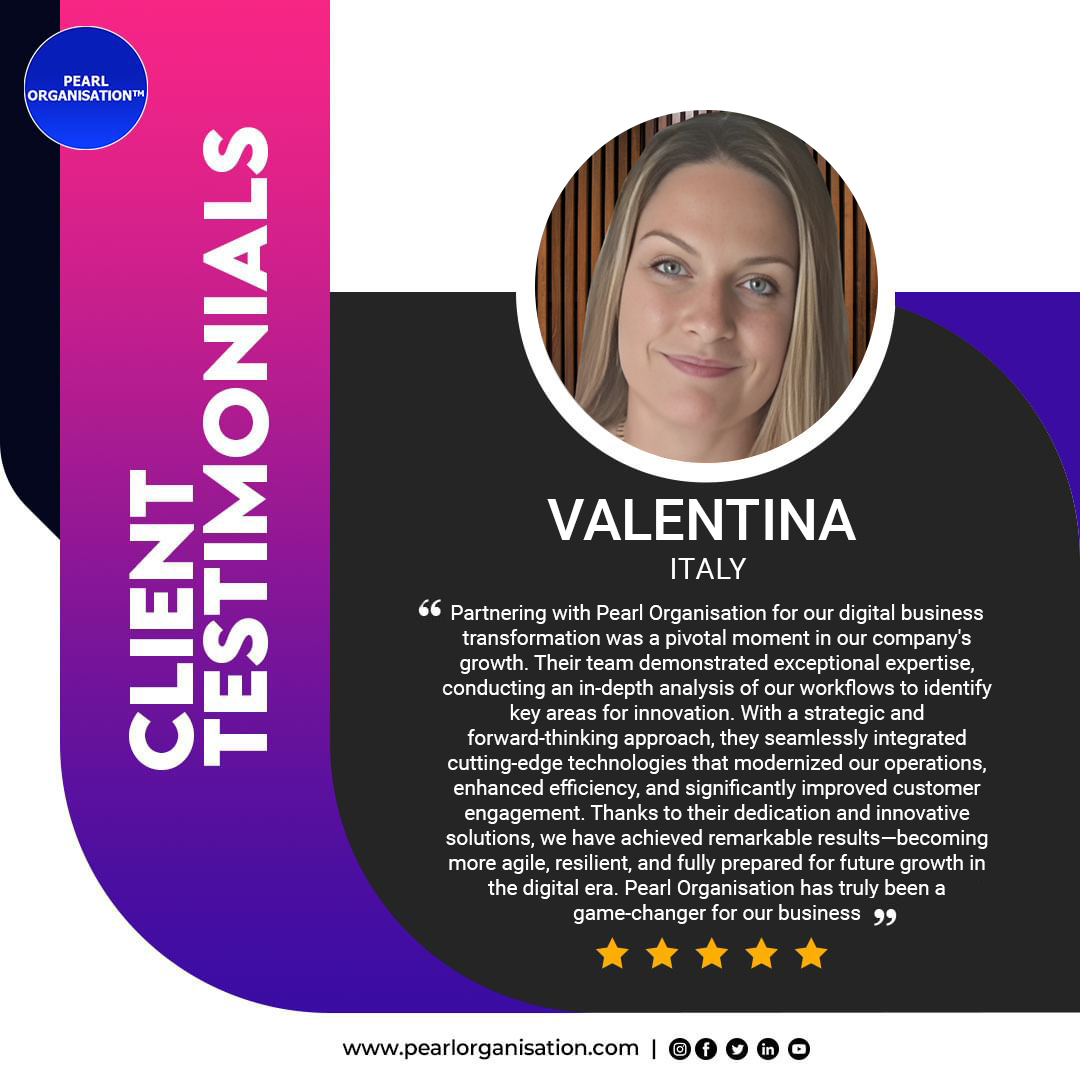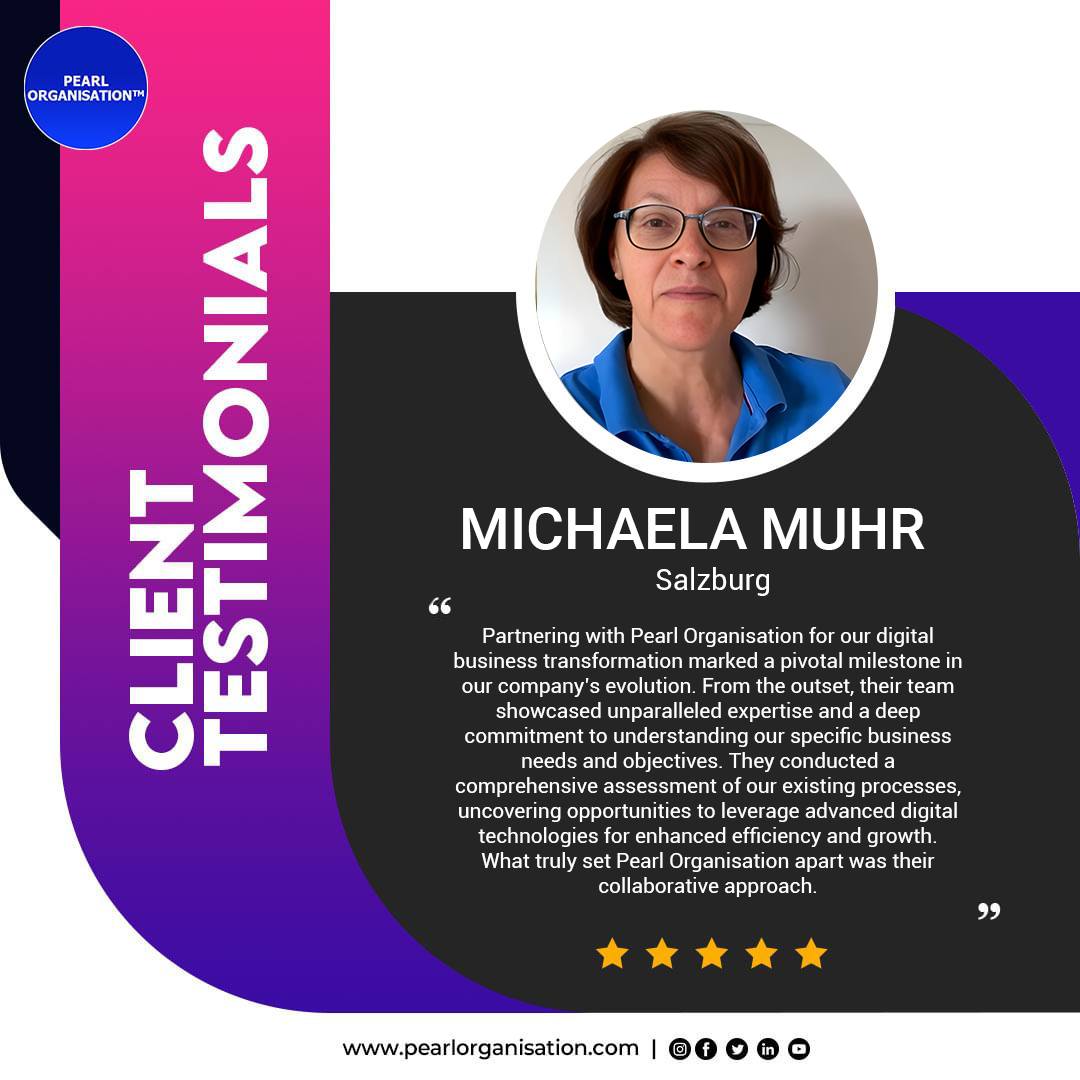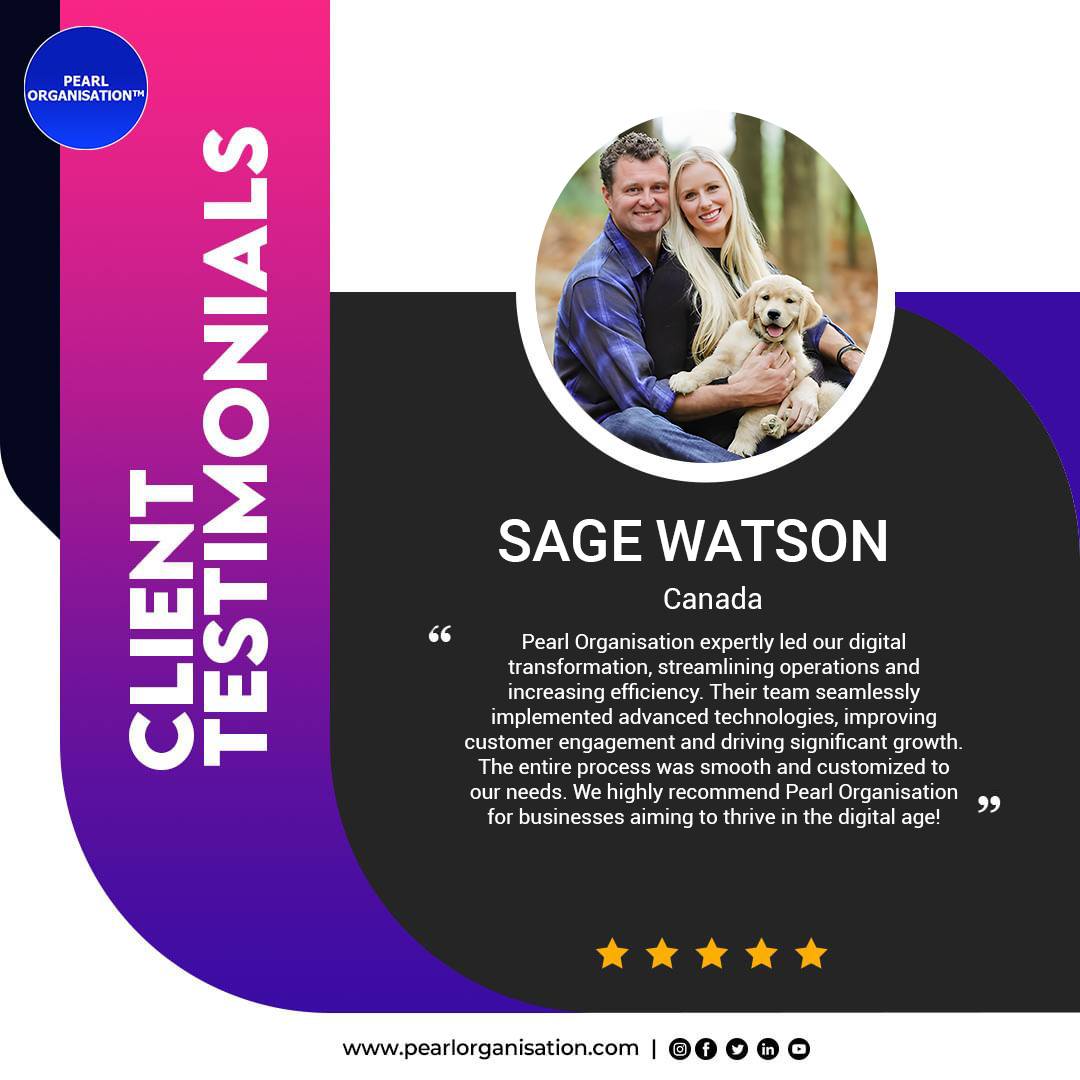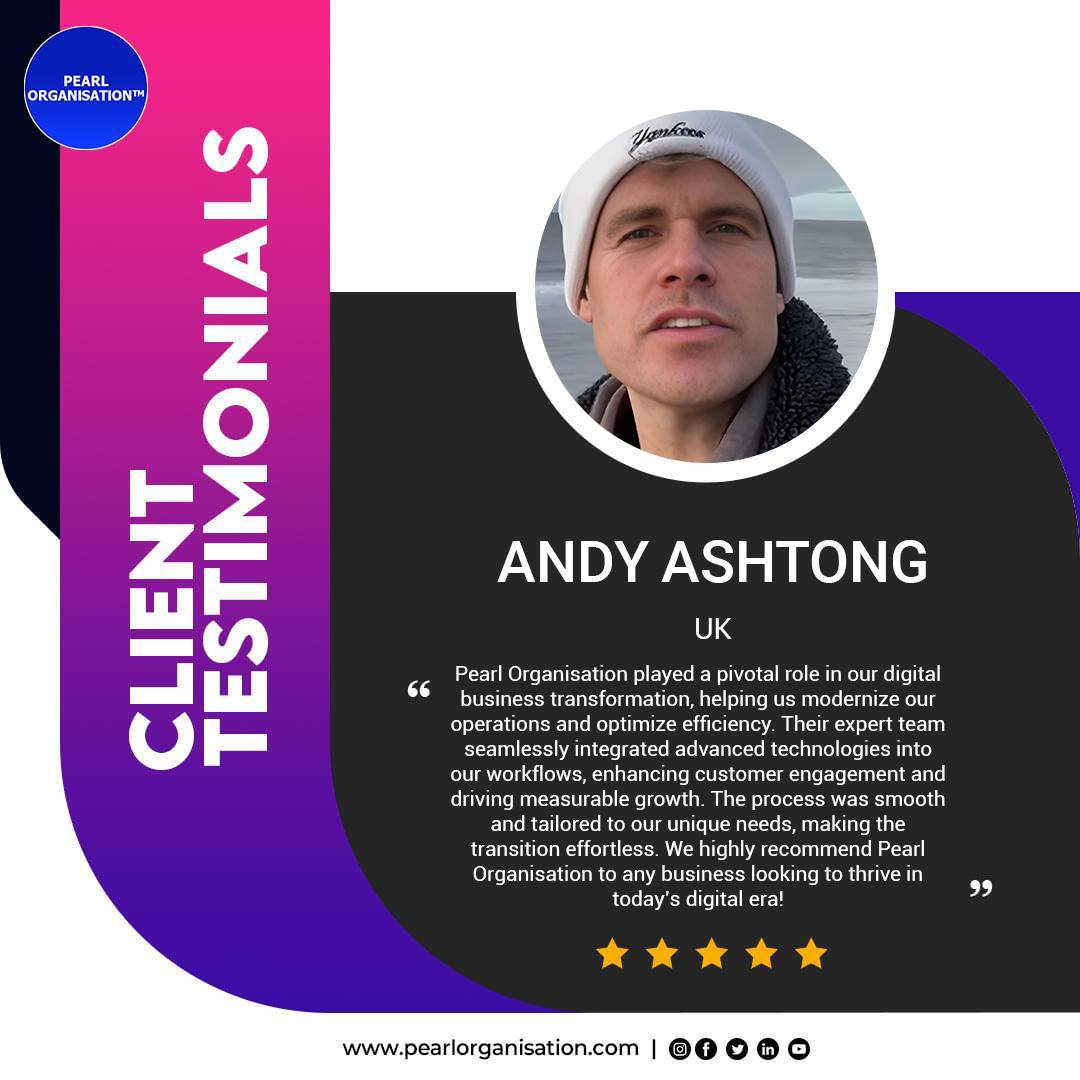Cloud-Native Thinking: Building for Change, Not Just Today
- Larrisa

- Jul 1, 2025
- 6 min read

Table of Contents
1. Introduction
In today’s business landscape, adaptability is everything. The speed at which market demands, customer expectations, and technology change is accelerating. What worked yesterday may be obsolete tomorrow. The only way forward is to build digital systems that are not only fast and scalable, but inherently flexible and resilient. This is the promise of cloud-native thinking.
At Pearl Organisation, we see cloud-native as more than a deployment model. It is a commitment to building digital solutions that are modular, scalable, intelligent, and prepared for constant change. We don’t just move businesses to the cloud—we re-architect them to thrive in the cloud.
2. What Is Cloud-Native Thinking?
Cloud-native thinking means creating and operating applications optimized for the dynamic, distributed nature of cloud environments. It encompasses:
Designing applications as collections of loosely coupled services
Running them in containers for consistency across environments
Using dynamic orchestration tools like Kubernetes for deployment and management
Automating infrastructure with DevOps and CI/CD pipelines
Integrating monitoring, auto-scaling, and self-healing mechanisms
Cloud-native is a philosophy of designing software that is built for speed, resilience, and adaptability. It allows businesses to innovate rapidly, recover quickly, and evolve constantly.
3. Why Traditional IT Models Fall Short
Legacy IT systems were built for stability, not change. They are:
Monolithic, making updates risky and time-consuming
Deployed on fixed infrastructure with limited scalability
Slow to adapt to evolving customer needs
Expensive to maintain
Vulnerable to downtime due to tight coupling of components
In contrast, cloud-native systems are architected to embrace uncertainty, evolve incrementally, and ensure service continuity under varying loads.
4. The Business Case for Going Cloud-Native
Adopting cloud-native offers tangible benefits across every dimension of the enterprise:
Speed to Market: Launch features faster with microservices and CI/CD.
Agility: Pivot to changing business needs with modular systems.
Resilience: Minimize downtime with self-healing containers and orchestrators.
Cost Efficiency: Optimize infrastructure usage with autoscaling and serverless models.
Global Reach: Deploy services across regions with minimal friction.
Innovation Enablement: Free teams from infrastructure burdens to focus on value creation.
Cloud-native enables you to deliver better user experiences while remaining responsive to market change.
5. Pearl Organisation’s Cloud-First Engineering Mindset
Our engineers approach every project with the following principles:
Composable Design: Break down applications into reusable, independently deployable services.
Security-First Development: Build with least-privilege access, encryption, and compliance in mind.
Infrastructure as Code: Automate everything from provisioning to patching.
DevSecOps Culture: Bridge gaps between development, security, and operations.
Observability Built-In: Monitor everything from system health to business KPIs in real-time.
We ensure your systems are resilient from day one and optimized for scale.
6. Cloud-Native Architecture: Core Pillars
Pearl Organisation constructs cloud-native architectures based on the following core components:
Microservices: Independently deployed services responsible for a specific business function.
Containers: Encapsulate services for portability and consistency across environments.
Kubernetes: Automates service deployment, scaling, and management.
Event-Driven Architecture: Enables asynchronous communication between services.
Service Mesh: Handles service-to-service communication, security, and traffic control.
API Gateway: Unifies and secures external access to microservices.
Managed Cloud Databases: Offer scalability and high availability for structured and unstructured data.
Observability Tools: Provide insights into logs, metrics, traces, and system behavior.
7. Microservices, Containers, and Kubernetes: Why They Matter
Microservices promote rapid iteration and targeted scaling.
Containers ensure consistency from development to production.
Kubernetes abstracts infrastructure management and automates orchestration.
Together, they empower teams to experiment, deploy quickly, and recover gracefully, forming the backbone of Pearl Organisation’s delivery model.
8. DevOps and CI/CD in Cloud-Native Delivery
Modern delivery pipelines must enable:
Automated testing and deployment
Integration with code repositories
Secure artifact storage and promotion
Environment provisioning on demand
Rollback strategies for failed releases
Pearl Organisation embeds DevOps into every solution, enabling faster releases with fewer risks.
9. Security in a Cloud-Native World
Security must evolve with architecture. We incorporate:
Role-based access control (RBAC)
Network segmentation and service isolation
TLS encryption and mTLS for internal communication
Secrets management with tools like Vault or AWS Secrets Manager
Continuous vulnerability scanning and policy enforcement
Security isn’t a layer; it’s an integral part of your infrastructure.
10. Cloud Cost Optimization: Planning for Tomorrow
We help clients reduce cost without compromising performance by:
Right-sizing compute resources
Leveraging autoscaling and serverless functions
Scheduling non-production environments
Monitoring unused services
Implementing cost alerts and dashboards
Cloud-native should not mean uncontrolled spend. We make it efficient.
11. Real-Time Scalability and Global Deployment
Pearl Organisation enables clients to:
Serve global users with low-latency CDN-backed delivery
Run workloads across availability zones and regions
Auto-scale services based on real usage
Orchestrate blue-green or canary deployments globally
We help you deliver the same experience everywhere, every time.
12. Common Pitfalls in Cloud Transformation
Many cloud initiatives fail due to:
Lifting and shifting monoliths without re-architecture
Overcomplicating with too many microservices
Poor observability into service behavior
Misconfigured IAM policies
Lack of cost visibility
Pearl Organisation brings clarity, control, and structure to cloud-native adoption.
13. Pearl Organisation’s Cloud Strategy Framework
We follow a step-by-step methodology:
Our cross-functional team ensures your journey is successful at every step.
EdTech SaaS Platform: Migrated from Heroku to GCP Kubernetes; cut costs by 58%, improved performance 3x.
Logistics ERP: Re-architected on AWS ECS with S3, RDS, and Lambda; scaled to 10,000+ concurrent users.
eCommerce Solution: Transitioned to serverless; achieved 99.99% uptime and 45% reduction in support tickets.
15. Cloud-Native for Enterprises vs. Startups
Startups benefit from cost-efficiency, scalability, and faster MVP cycles.
Enterprises gain operational resilience, legacy modernization, and governance.
Pearl Organisation provides tailored solutions depending on maturity, growth, and regulatory needs.
16. Future-Proofing Your Digital Foundation
Building for change means:
Designing for scale from day one
Using APIs for flexibility and integration
Investing in observability to detect and resolve early
Embracing continuous delivery and automation
Pearl Organisation empowers businesses to evolve, not just adapt.
17. How Pearl Organisation Helps You Build for Change
Strategy-led consulting and workshops
Vendor-neutral architecture design
Hands-on implementation and DevOps setup
24/7 monitoring and post-launch support
Full documentation, handover, and training
Our mission is to help you lead, not follow.
18. Final Thoughts
Cloud-native thinking is not just about new tools—it’s about a new mindset. One that embraces change, champions agility, and empowers businesses to deliver continuously.
With Pearl Organisation as your partner, you gain more than just cloud expertise. You gain a strategic ally dedicated to engineering your digital evolution.
FAQs
Q: What does cloud-native mean for a global business?
A: It means your systems are built to operate across multiple regions with minimal latency, automatic failover, and multi-language, multi-time zone readiness. Pearl Organisation helps enterprises deploy scalable applications globally while maintaining compliance and performance standards.
Q: Is cloud-native architecture suitable for data-sensitive industries like healthcare or finance?
A: Yes. Pearl Organisation builds solutions compliant with HIPAA, GDPR, PCI-DSS, and ISO/IEC 27001. Security and compliance are embedded from day one through encryption, RBAC, audit trails, and secure APIs.
Q: What cloud platforms do you support for global deployment?
A: We are cloud-agnostic and work with AWS, Google Cloud, Azure, and hybrid/multi-cloud infrastructures. We tailor each setup for regulatory needs, performance, and cost-efficiency.
Q: Can we gradually move from a monolithic system to cloud-native?
A: Absolutely. Pearl Organisation follows phased refactoring, starting with microservices for high-impact areas. We use patterns like the strangler fig to modernize without business disruption.
Q: How do you manage cloud cost optimization on a global scale?
A: Through automated scaling, usage analytics, regional pricing strategies, and continuous budget monitoring. We help prevent cloud bill surprises while maximizing performance per dollar.
Q: What security measures are applied in a multi-region cloud-native system?
A: We implement region-specific IAM policies, data encryption in transit and at rest, secure VPN tunneling, secret rotation, and geo-based access rules to secure workloads globally.
Q: How does Pearl Organisation handle global compliance requirements?
A: We map regulatory policies across regions (e.g., GDPR for EU, CCPA for California, HIPAA for U.S. health data) and integrate those into infrastructure-as-code, data residency, and user access logic.
Q: Can you integrate local payment, language, and localization features into global applications?
A: Yes. We support multi-currency, multilingual, and country-specific compliance modules for SaaS, fintech, and ecommerce platforms.
Q: What’s the average time-to-value for global cloud-native adoption?
A: For MVPs: 4–6 weeks. For enterprise platforms: 3–6 months depending on scale. Pearl Organisation accelerates time-to-value with prebuilt components and proven blueprints.
Q: Do you provide 24/7 support for global clients?
A: Yes. We offer SLA-based managed services, proactive monitoring, incident response, and global support coverage for uptime, optimization, and user experience consistency.




























